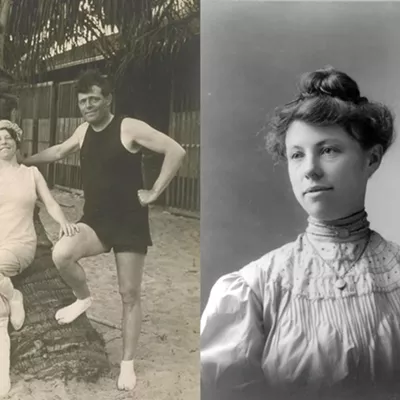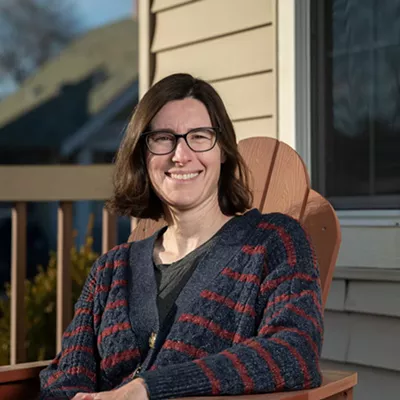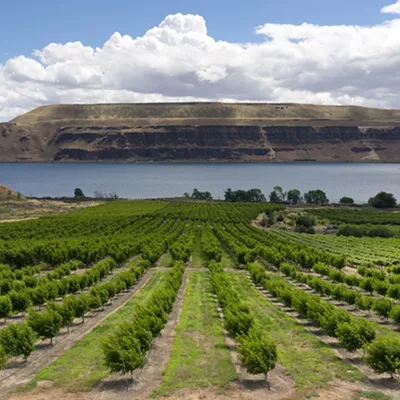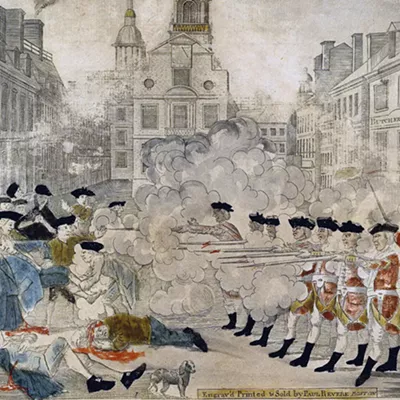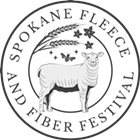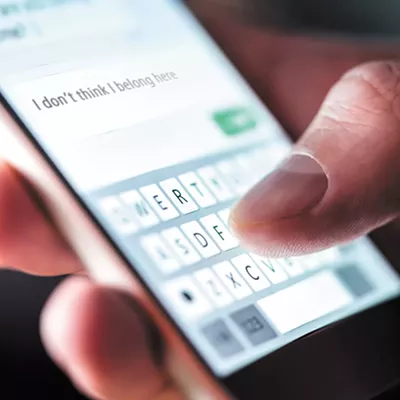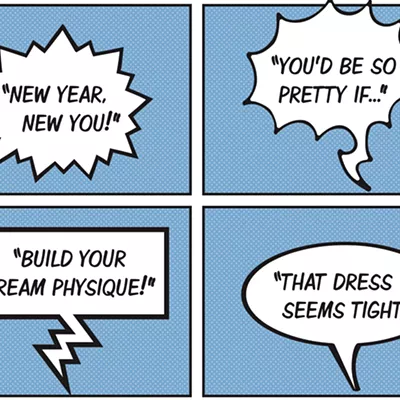
I thought it was a call for help.
Would I be willing to meet to talk about the way the new administration was affecting an organization I had helped in the past? Of course I said yes. I was honored to be asked. I thought of the work we had done together in the past for the state of Idaho. A state with a contentious history around issues of social justice, climate science, Native rights, school curriculum and even what books are available at public libraries. It's the kind of work I look forward to because I believe in people's ability to think critically and to make good decisions when offered all of the information. Moreover, I think it's our duty to obtain knowledge, to seek the truth in history and in science, and to be able to listen to multiple truths, multiple stories — even when they don't align with our own. Exposure to knowledge develops empathy. Empathy gives us power. The power to forge deep connections, navigate complexity, and drive positive change through understanding and valuing the human and the nonhuman experience.
I write for these reasons and to share stories and knowledge, to build empathy. And duty, too. When you investigate either side, you will find that, even though no race or gender-based law banned them from writing and publishing their thoughts, they were limited by cultural norms and opportunities. For women, there were limited opportunities to access education and publication. For the Indigenous on my father's side, speaking one's own language could lead to severe punishment — even death.
The first word taken from me was "colonization." It was from an essay I had written about the importance of reading stories from Native people. An essay I had written to help guide readers in Idaho to texts that would inform them. Offer them insight into the Native experience. Help them understand what it feels like for people who have lived in an area for thousands of years to be physically, culturally, and linguistically removed from that area — and what it feels like still. This was not just about words; it was about silencing a history, a perspective, in Idaho.
"It's a word they are going to look for when they F9 search our site," I was told. "We can delete it or replace it."
The next word — "equity" — was simply deleted. Other words of concern? "Racism." "Diversity."
"They" is the new administration. Those empowered by Donald Trump on Jan. 20, 2025, with an executive order, "Ending Radical and Wasteful Government DEI Programs and Preferencing," which sought to eliminate "equity-related" programs. Fearing that their program would lose state and federal funding or be totally dismantled, the words that I offered them, and to the citizens of our state, would have to be changed or deleted. Not unlike a month earlier when a college I was scheduled to speak at advised that I should "stay away" from anything political even as I was about to teach about erasure. All the while, trying to write words that college administrators would consider "acceptable" that the administration might consider acceptable, a mentor's words echoed in my head: "You have a First Amendment right, I expect you to use it."
"There is no replacement word for racism."
The boarding school era ended millennia of Indigenous languages in North America. Forcing Native youth to learn English. Theodore Fontaine recounts a moment of linguistic vulnerability turned into punitive isolation when he inadvertently spoke an Ojibway phrase while playing with other young boys at Alexander Residential School in Manitoba. Sister S, who was supervising the boys, "yelled that she'd wash out my mouth with soap but instead dragged me to where she'd been sitting. I was shoved into a closet behind her chair. It was under the stairs leading to the second floor and it was used to store brooms and other cleaning materials." In the closet, Fontaine could not sit up without hitting his head on the overhead stairs. He sought light from under the door, sobbed to no avail and when, "Eventually she let me out. Her first word was 'Tiens!' [Take that!] followed by a warning not to speak my 'savage' language."
I thought it was a call for help. In the end, it wasn't help they wanted. It was forgiveness for deleting words, changing them. My words. My truths. It wasn't just my words that were being erased; it was my sense of trust, my belief in open dialogue. There is no replacement word for racism. While "unique points of view" might be used for diversity, this focuses on cognitive differences like thoughts and beliefs, not the representation of diverse groups based on race, ethnicity, gender, and other factors.
But removing the words doesn't mean that any of these actual things go away. It just means that we aren't allowed to name them. It means that our ability to exercise the First Amendment right is stymied. We are not able to point to what is currently happening to writers and educators and federal employees — and likely many of us — and name it.
It means that when we see a group of people exerting control over communities or individuals by limiting resources and creating economic dependencies, and excluding certain diverse groups from decision-making processes, and creating environments that can be hostile to certain marginalized groups, and creating situations where people are forced to communicate using the language of the dominant group, we cannot employ words like "colonization," "racism" or "discrimination" to name what is happening.
"Colonization" was the first word they took from me, as if taking it would mean it wasn't happening. So I am calling on my ancestors, their determination. They knew the feeling of being shut away, silenced. I am remembering how they used every weapon they had — art, story, dance — to speak their truths, save their language, no matter the cost, even with so many powerful hands covering their mouths. ♦
CMarie Fuhrman is the author of Salmon Weather: Writing from the Land of No Return, Camped Beneath the Dam, and co-editor of two anthologies, Cascadia Field Guide and Native Voices: Indigenous Poetry, Craft, and Conversations. She is the associate director of the graduate program in creative writing at Western Colorado University, and resides in West Central Idaho.



